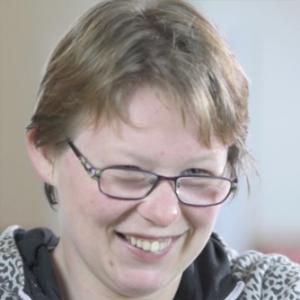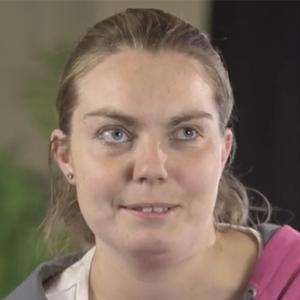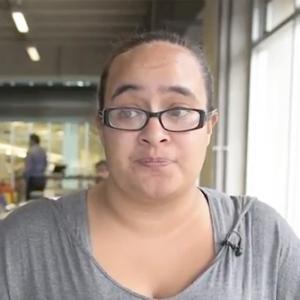
James
"It was special (being with the first fifteen rugby team). I got to go in the bus and help the guys out and it was very special and that's the best part of my life"

Kayla
"When it was my birthday I sung on the stage... and I got cake and everything and roses, like a big bunch of roses for my birthday. I loved it aye... It was awesome that memory. I loved it."

Jessica
"I enjoyed dressing up as the queen and in Cinderella and just acting. I quite liked the acting and being on stage. Yeah it was fun."

Katherine
"Why would I start to do something for myself (at school) if nobody else is bothered to take the time for me?"
Watch Georgina's Film. Georgina talks about what made her feel happy at school and how she feels she belongs at Polytechnic.
1. What helped Georgina belong at school?
2. What was important to her?
3. Are some of these things the same as what is important to you?Watch Ben's Video. Ben talks about ways he felt he belonged in his primary school. He also talks how he felt like he didn't belong at his secondary school.
1. What was important for Ben in order for him to feel like he belonged at school?
2. What does Ben say made it hard for him to belong at school?
3. What makes school a great place to be?
Language, identity, and culture count. Knowing where learners come from, and building on what they bring with them, is essential.
When diversity is valued and approached as a strength, teachers create opportunities for the classroom community to learn about, from and with each other. Teachers connect with lots of people to help everyone to learn.
We can learn to value the many ways people live, interact, think, learn, play and communicate. As we listen and think about the experiences of disabled students at school, some of our views and assumptions might be challenged and changed. For example, maybe we will decide that disability and other labels don’t tell us everything we need to know about a person, that each of us is more the same than different or that we don’t need to be afraid of our differences. As we get to know and build connections with people, we learn from the similarities and differences in our worlds. Learning about what creates belonging for each of us helps us to grow inclusive education and societies. Creating a culture and place where everybody belongs is not an individual responsibility. It is about everyone in the school taking responsibility for listening to and caring about each other
In New Zealand a lot of attention has been focused on understanding and supporting culturally responsive teaching practices and environments. Many of the central themes within culturally responsive practice are the same as those identified by the young people in the Voices Project and inclusive education disability research and advocacy.
http://inclusive.tki.org.nz/guides/supporting-maori-students/
1. What can we learn from this work?
"Kotahitanga (unity and bonding) is a core value that advocates forming or becoming one out of many, where a sense of unity and inclusiveness is created within the classroom and school by recognising the mana of every person.”
Macfarlane, Macfarlane, Savage & Glynn, (2012, p.175)